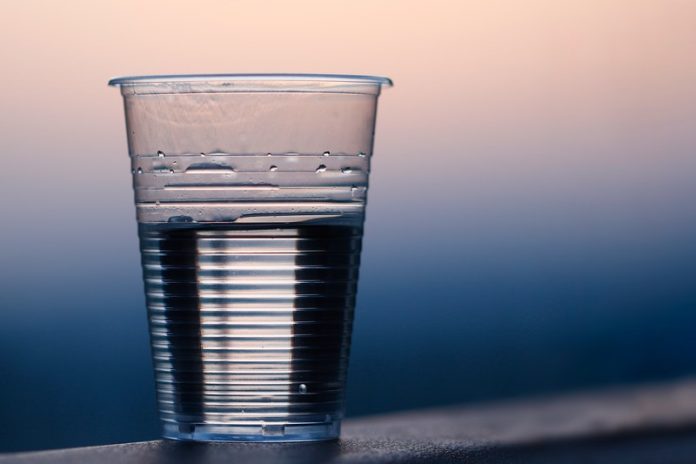
In a new study, researchers found that the COVID19 pandemic is creating unprecedented levels of sleep deprivation, presenting a big risk to mental and physical health.
They also found that high doses of hydrogen-rich water (HRW) are just as effective as caffeine in raising alertness in sleep-deprived men and women.
Importantly, this research is the first to show that hydrogen water and caffeine had an impact on different domains of alertness.
Specifically, hydrogen improves orienting to sensory stimulation, while caffeine alters awareness and executive attention that refers to the ability to control our attention and ongoing cognitive processes, including thoughts and feelings.
The research was conducted by a team at the University of British Columbia.
Sleep deprivation poses a higher risk of high blood pressure, heart attack, obesity, diabetes, and a weakened immune system. Importantly, sleep disturbances also lead to cognitive impairments and risks of motor vehicle accidents.
Many people who are sleep deprived reach for a caffeinated product to stay alert.
While a few cups of coffee are safe for most people, it is important to consider issues of caffeine addiction/withdrawal and the variable metabolism of caffeine in different people.
Energy drinks and energy shots are also of concern, especially for children, adolescents, and women who are pregnant or trying to get pregnant.
Alternatives to caffeine that are shown to provide the same degree of alertness are promising but should be thoroughly tested for safety and efficacy.
The team tested 23 young healthy men and women, who were sleep-deprived for 24 hours. It was found that caffeine induced a big increase in VAS-estimated alertness, and HRW also increased VAS alertness.
Both caffeine and HRW acutely affected alertness in young sleep-deprived men and women; caffeine induced a big drop in alerting and executive control in a 15-min follow up, while HRW caused a big reduction in the orientation at post-administration.
Importantly, HRW displayed no side effects and, therefore, might be advanced as a safe and effective alternative to caffeine to counter the effects of sleep deprivation, although more studies are needed to corroborate and expand these preliminary findings.
One author of the study is Dr. Ismail Laher, a professor in the Department of Anesthesiology, Pharmacology, and Therapeutics.
The study is published in Neurophysiology.
Copyright © 2020 Knowridge Science Report. All rights reserved.



